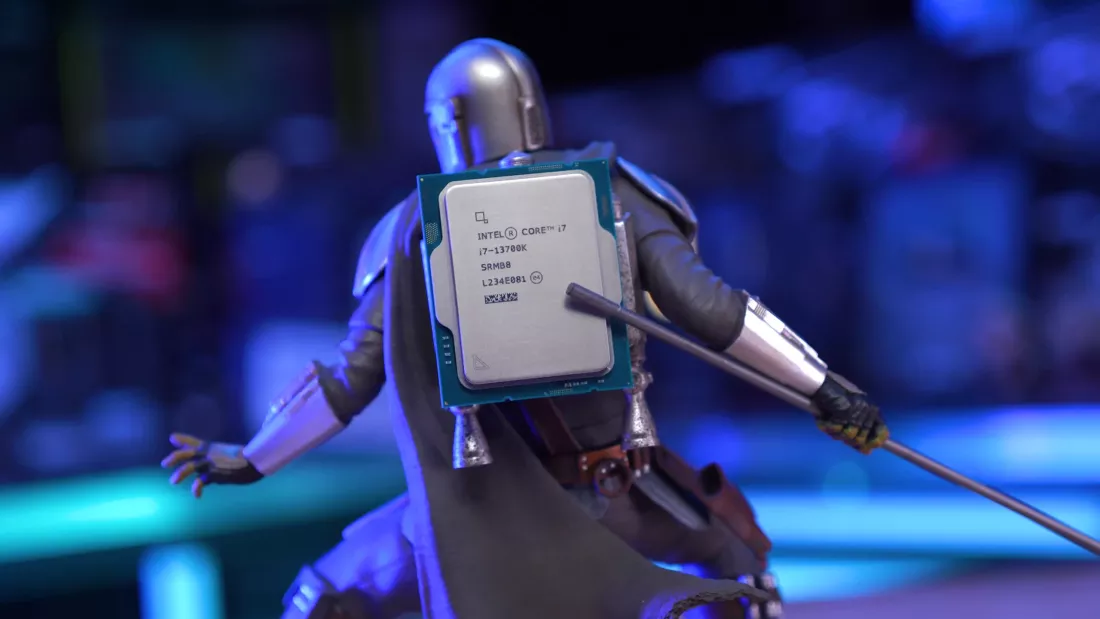What just happened? In a move that pretty much everyone expected, Intel is being sued over the Raptor Lake instability issues, making what has been a nightmare situation for the company even worse. The suit alleges that Intel became aware of the defects in pre- and post-release testing, but it continued to market the processors with boasts about their speed and performance.

The instability issues plaguing 13th- and 14th-gen Intel processors have been a major problem for a company that is struggling like never before – as illustrated by Nvidia replacing Team Blue in the Dow Jones index last week.
In August, it was reported that the number of people experiencing problems with the Raptor Lake CPUs had led to a law firm investigating the potential of a class action lawsuit against the company.
Now, Intel has been sued in a federal court in San Jose, California, over claims that the chips are defective. The plaintiff, Mark Vanvalkenburgh of Orchard Park, New York, says he bought an Intel Core i7-13700K from Best Buy in January 2023.

Pat Gelsinger's standard expression these days
The complaint states that after purchasing the processor, which had a $409 MSRP when it launched in October 2022, Vanvalkenburgh learned that his expensive CPU was defective, unstable, and crashing at high rates.
The suit adds that the random screen blackouts and computer restarts were not resolved even after Vanvalkenburgh attempted to install a patch issued by Intel for its 13th-generation processors.
The suit, which is seeking class-action status, cites media reports and social media posts going back to December 2022 that describe Raptor Lake issues. It alleges that the company became aware of the defect by late 2022 or early 2023 during pre-release and post-release testing, yet it continued to sell the chips without mentioning the problems.
Intel is accused in the complaint of committing fraud by omission, breaching implied warranty, and violating New York General Business Law.
After more than a year of user complaints flooding the internet, Intel suggested in April that overclocking and overvolting was to blame for the Raptor Lake problems, suggesting users and OEMs return to the company's recommended baseline voltages.
In July, Intel finally identified the cause of the issue: a microcode algorithm error that sent the wrong amount of voltage to CPUs.
Intel recently explained that the root of the problem lies in a clock tree circuit within the IA core itself that becomes prone to failure when subjected to high voltage and temperature conditions. This failure causes a shift in the clock duty cycle, which results in system instability.
Intel has announced microcode patches to address the Raptor Lake instability issues, but they will only prevent the Vmin shift instability, as Intel calls it, from occurring. CPUs that are already affected cannot be repaired and must be replaced – assuming Intel has any left in stock.
Intel is being sued over the instability issues in its Raptor Lake CPUs
